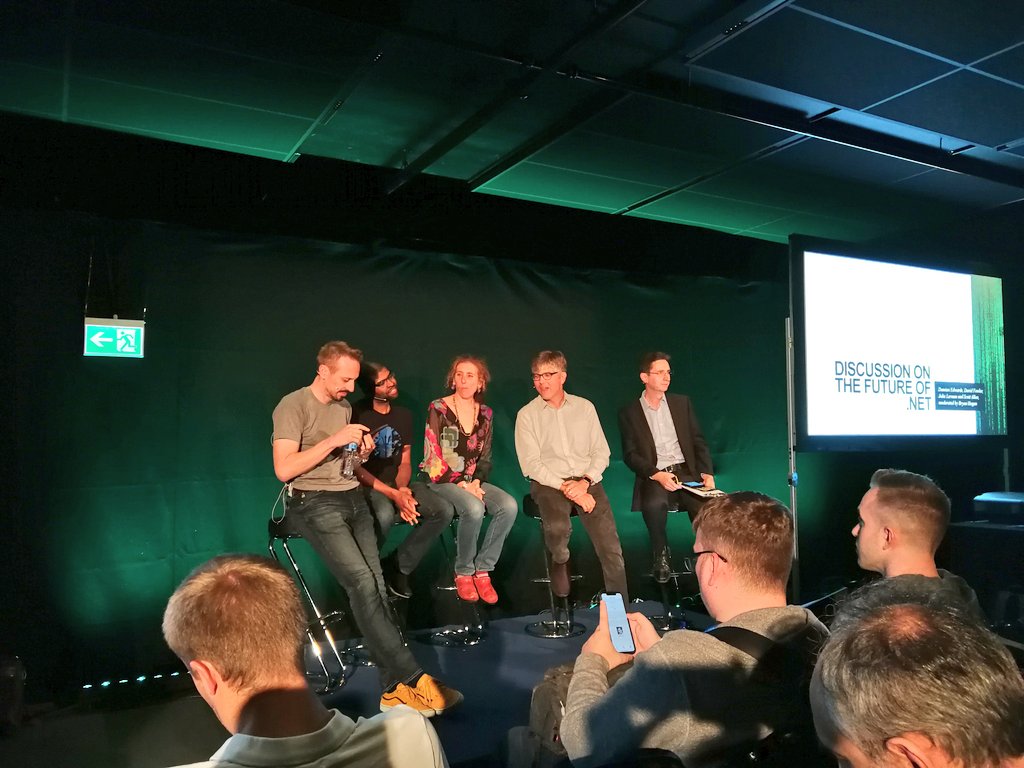We need to find what gives our selves and our teams oxygen and breath and be INTENTIONAL about focusing on that, not just when we have time. We can’t do all this sacred work if we’ve forgotten to breathe.
Keep Current with Joshua Dowd
This Thread may be Removed Anytime!
Twitter may remove this content at anytime, convert it as a PDF, save and print for later use!

1) Follow Thread Reader App on Twitter so you can easily mention us!
2) Go to a Twitter thread (series of Tweets by the same owner) and mention us with a keyword "unroll"
@threadreaderapp unroll
You can practice here first or read more on our help page!
